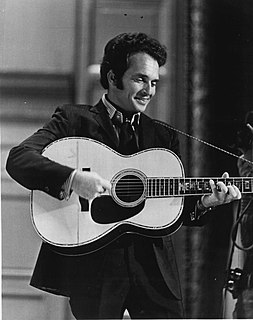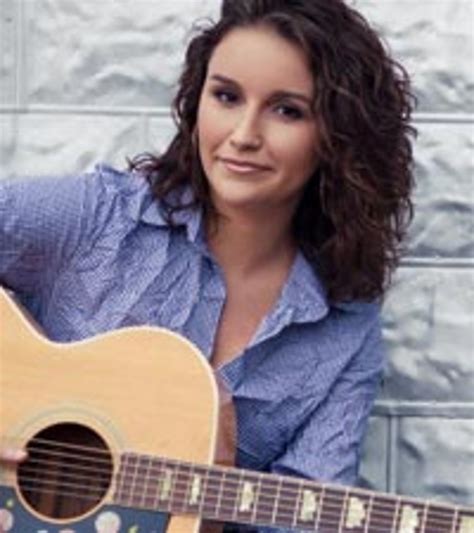A Quote by Amanda Ripley
People with military experience seem to do very well in these situations. They've been taught that they can control their destiny, which is half the battle. They also have some experience in getting out of bad situations even if just through training. They know they have to make a plan and follow it and execute it.
Related Quotes
In my life there were a lot of situations where I could have been killed or some officer might have been killed chasing me, a lot of things could be different. Now, you know that's experience you can't buy. And it's there in my rearview mirror and I can refer to it in my writing. I have the experience to talk about things some people only imagine.
When you travel you experience, in a very practical way, the act of rebirth. You confront completely new situations, the day passes more slowly, and on most journeys you don't even understand the language the people speak....You begin to be more accessible to others, because they may be able to help you in difficult situations.
You will be surprised to learn how some very knowing people have misunderstood Plotto. On glancing at it, some of the intelligentia have jumped at the false conclusion, that Plotto is a dictionary of situations, a mechanism that yields a cut and dried plot by the mere use of a thumb index. Plotto, to the contrary, merely suggests the situations for the plot, explains what is to be done through Purpose and Obstacle and even offers suggestions as to the way in which it should be done.
That reality is 'independent' means that there is something in every experience that escapes our arbitrary control. If it be a sensible experience it coerces our attention; if a sequence, we cannot invert it; if we compare two terms we can come to only one result. There is a push, an urgency, within our very experience, against which we are on the whole powerless, and which drives us in a direction that is the destiny of our belief.
You have to have a lot of ideas. First, if you want to make discoveries, it's a good thing to have good ideas. And second, you have to have a sort of sixth sense-the result of judgment and experience-which ideas are worth following up. I seem to have the first thing, a lot of ideas, and I also seem to have good judgment as to which are the bad ideas that I should just ignore, and the good ones, that I'd better follow up.

































